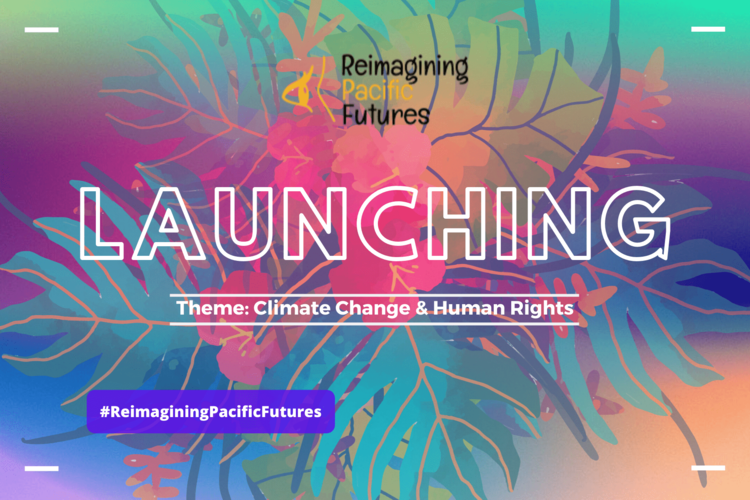There is a legal solution to climate change: students
PISFCC Vanuatu Chapter members meets with Vanuatu Climate Action Network and 350 Vanuatu 26/06/20
By Marc Membrere, Samoa Observer 19/06/2020
A group of Pacific Island students have called for the development of international law to clarify and strengthen climate-related legal obligations of states.
And they believe that an International Court of Justice Advisory Opinion (I.C.J.A.O) on climate change will enable this outcome.
The Pacific Island Students Fighting Climate Change, which was established in March last year by 27 University of South Pacific (U.S.P.) law students from eight different island nations, has launched an online petition calling on Pacific Islands Forum (P.I.F.) leaders to endorse the I.C.J.A.O which they included in the 2019 P.I.F. Leaders Communique.
The group’s President Sulia Makasini, in response to questions from the Samoa Observer, said they will begin the groundwork to take a resolution to the United Nations General Assembly seeking advisory opinion on climate change and human rights from the International Court of Justice.
Currently, they are seeking signatures of support for an online petition that pushes for an I.C.J.A.O on climate change.
Sign PISFCC petition here: Petition link
"The petition is also a declaration from the people that they think we should consider alternative pathways to stimulate climate action, and in our case, this would be through looking at International Courts for climate justice," she said. "Pacific Island climate solidarity must be stronger than ever as we are approaching 2030. We must work smart and strategically to bring the effective change that is most needed.”
But climate negotiations should not be the only avenue to explore change, added Ms Makasini who reiterated the potential role that the courts can play.
"Despite it being important to strengthen our efforts in climate negotiations, we must not see it as the only avenue of change. We must acknowledge the important role that International Courts can bring to change. Last but not least, we must take more ownership of our narrative, one that is not of victimization and hopelessness but of resilience, empowerment and especially women leadership who are at the frontlines of climate change."
While the coronavirus (COVID-19) global pandemic has had an impact on their work, the group has moved online and are now promoting a virtual youth art competition called the “Reimagining Pacific Futures, where Pacific youth aged 5-29 take action through their art revolving around the theme “climate change and human rights.”
Take action through Art! visit: Pave2020
They are also consulting youth throughout the Pacific to create a Pacific Youth Climate Declaration, which they hope will carry youth voices in the Pacific amplified by non-state actors, governments, academia in national, regional and international forums.
The group is currently building a network of international youth partners from all over the world, notably Australia, Netherlands, South Africa, Italy, France, Philippines, Chile, Brazil, and Colombia. They are also collaborating to collectively accelerate the campaigning for the I.C.J.A.O and to get more states to support the proposal.
Other initiatives they are leading include the promotion of educational materials on social media, hosting panels in the region and internationally, working to create animation videos, information sheets, and briefs to explain the idea of the I.C.J.A.O as well as talanoa discussions with youth organisations in the region actively participating in the Pacific Islands Climate Action.
When asked for parting advice for the younger generation on the battle against climate change, one of the group’s founding members Tolu Muliaina said their statement should be clear on how their work will fill an information gap.
"I feel we need to make a clear statement that Pacific Island Students Fighting Climate Change fills an important gap in the current conversation and discourse on climate justice in the Pacific. Pacific Island Students Fighting Climate Change adds value to current youth-led movements in the Pacific to strengthen their call for collective actions on climate change and human rights in our region.”
The group’s Vice President, Lani Lavemai, added that they cannot allow inaction by leaders to continue as island nations continue to face extreme weather conditions.
"The fight against climate change relies heavily on the voices and leadership of young people. As the future inhabitants of this Earth, we cannot allow our leaders to be idle as the severe effects of climate change affect our homes,” she emphasised. “Which is why several young people are creating change in any way they can, whether in the grassroots level or on the international stage. Young people have so much potential and power and I would encourage them to use it in the fight for their future.”



